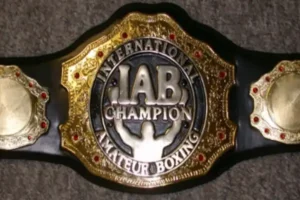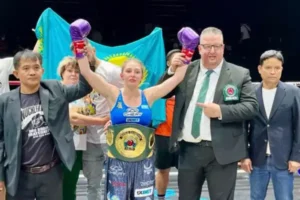
World Boxing Council
Address
Riobamba 835, Lindavista Nte., Gustavo A. Madero, 07300 Ciudad de México, CDMX, Mexico
Phone +525551195273
About Us
The WBC was established as an initiative of the then President of Mexico, Adolfo López Mateos, to create an organization that would unify all the commissions of the world and develop the expansion of boxing.
This is how on February 14, 1963 the World Boxing Council was founded, initially created by 11 countries: the United States, Argentina, England, France, Mexico, the Philippines, Panama, Chile, Peru, Venezuela, and Brazil.
Its main founders were the Mexican Luis Spota and Professor Ramón G.
Velasquez, who were Presidents of the World Boxing Council, as well as Onslow Fane, from England and Filipino Justiniano Montaño.
So far there have been six honorable men who have held the position of President of the World Boxing Council; However, Dr. José Sulaimán Chagnón, who became President on December 5, 1975 in the city of Tunisia and remained as Leader for more than 38 years, was the one who consolidated the organization as the most important at international and global level.
Thanks to his unstinting efforts, innovation and guidelines, the WBC evolved, grew and transformed the way this noble sport is viewed. For the WBC the most important thing has always been to promote and safeguard, safety, health plus respect for the boxer, who gets into the ring with a hunger and thirst to win, and to entertain the fans, in spite of the risks.
The World Boxing Council is a non-profit organization that works motivated by the love for boxing with dedicated, loyal people who seek to safeguard the safety of boxers. Consisting of 168 countries with their respective confederations, its main function is to make boxing a fair and safe sport.
Today, with the leadership of its President Mr. Mauricio Sulaiman, the WBC continues to work to enhance boxing, as well as to protect the health and well-being of all boxers, above any interest, always promoting our values: loyalty, justice, integrity and respecting the social commitment that supports our history.






